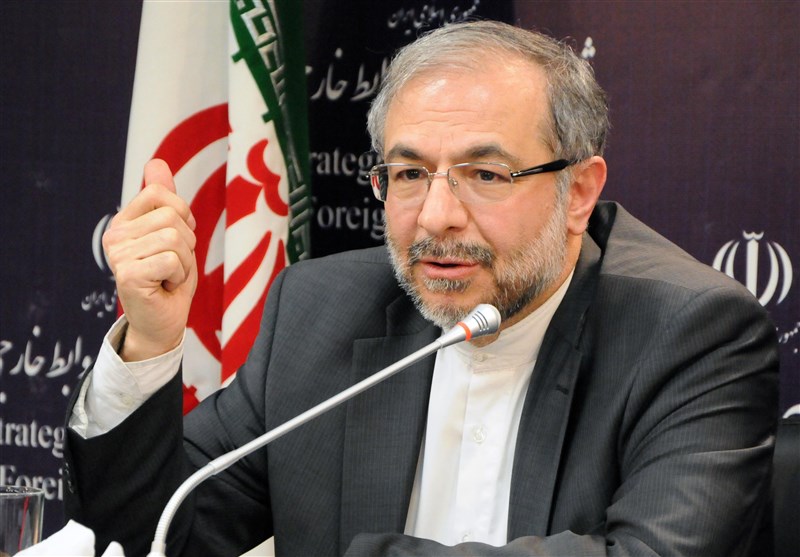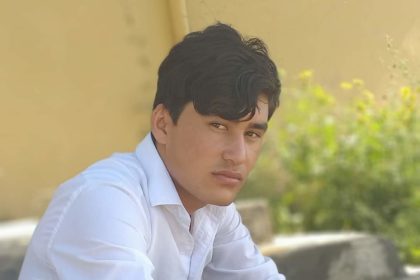RASC News Agency: Rasoul Mousavi, a former assistant to Iran’s Foreign Minister, stated that diplomats at the recent Moscow Format meeting disregarded the key message of the Taliban’s Foreign Minister, Amir Khan Muttaqi, and instead voiced profound concerns over the escalating presence of terrorist groups in Afghanistan. Despite the sensitivities of the Taliban, the meeting emphasized the formation of an inclusive government. Mousavi noted that, while Muttaqi carefully conveyed that terrorist groups had been eliminated in Afghanistan, the attending countries expressed strong apprehensions over the nation’s deteriorating situation.
The sixth Moscow Format meeting on Afghanistan convened on Friday, October 4, in Moscow, with representatives from Russia, China, Iran, Pakistan, Turkmenistan, Uzbekistan, Tajikistan, Kazakhstan, and Kyrgyzstan. Mousavi, an expert on Afghanistan affairs who has overseen aspects of Iran’s diplomacy concerning Afghanistan in recent years, commented on his Telegram channel: “The Moscow meeting ignored Muttaqi’s central message regarding the eradication of terrorist groups in Afghanistan. Instead, its joint statement began by expressing serious concern about the continued presence of terrorist and separatist groups in Afghanistan, which they see as a major threat to both global and regional security.”
Mousavi further explained that the Taliban were urged to disarm foreign militant groups and take decisive steps against terrorism. Moreover, the meeting reiterated the demand for the establishment of an inclusive government that encompasses all segments of society, particularly women and representatives of ethnic groups a point of contention for the Taliban, which views such calls as interference in its internal affairs. He concluded by emphasizing, “None of the countries participating in the Moscow Format or any other framework face the unique issues and challenges that we, as Afghanistan’s immediate neighbor, confront.” He added, “Afghanistan is our neighbor, and any decisions concerning the country must be made within the context of regional cooperation and neighborhood policies.”
In their final joint statement, the countries expressed deep concern over the situation in Afghanistan, particularly the persistent presence of terrorist and separatist groups, and urged the Taliban to take swift and decisive action against these elements. The meeting also called on the Taliban to establish a balanced and inclusive government, while expressing strong opposition to the creation of military bases by third-party countries on Afghanistan soil or in neighboring states, deeming such actions detrimental to regional peace, security, and stability.






